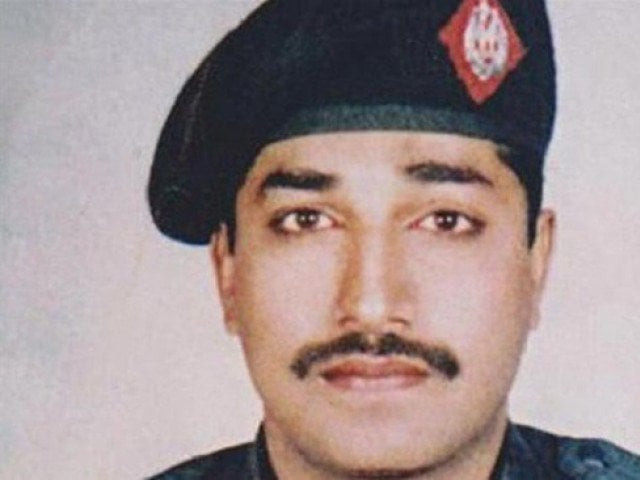UN experts urge Pakistan not to execute mentally ill prisoner
CJP has not only suspended the order, but also fixed the case hearing on January 14

Government doctors diagnosed Hayat as suffering from schizophrenia in 2008. PHOTO COURTESY: TWITTER/@(SaifullahAwan40)
Khizar Hayat, a 55-year-old former police officer who was sentenced to death in 2003 for shooting a colleague, was earlier scheduled to be executed on January 15. However, the chief justice of Pakistan deferred the order late Saturday night. Justice Saqib Nisar not only suspended the order, but also fixed the case hearing on January 14.
Agnes Callamard, UN expert on extrajudicial executions and Catalina Devandas, the special rapporteur on disabled rights has said that the imposition of capital punishment on individuals with psychosocial disabilities was a clear violation of Pakistan's international obligations.
Hayat, who has spent more than 15 years in custody, has been kept in solitary confinement since 2012, they said, urging the government to halt the execution and questioning the veracity of his conviction.
Following uproar, CJP suspends mentally-ill prisoner's execution
"During his trial, no evidence or witnesses were called in his defence and no questions were asked regarding his mental health, although he was later diagnosed with a mental health condition and has been receiving treatment for the past 10 years," they said.
The execution order was issued just two weeks after the Pakistani Human Rights Commission issued an order directing a stay of the execution in his case on humanitarian grounds.
"Implementing the death penalty under these conditions is unlawful and tantamount to an arbitrary execution, as well as a form of cruel, inhuman or degrading punishment," the UN panel said.
Two years ago, experts from the World Psychiatric Association also appealed to Pakistan to halt his execution, saying he was suffering from schizophrenia and did not understand the crime he had committed.
Government doctors had diagnosed Hayat as suffering from schizophrenia in 2008. A petition to move him to a mental health facility was dismissed on 6 December 2018, the experts said.



















COMMENTS
Comments are moderated and generally will be posted if they are on-topic and not abusive.
For more information, please see our Comments FAQ